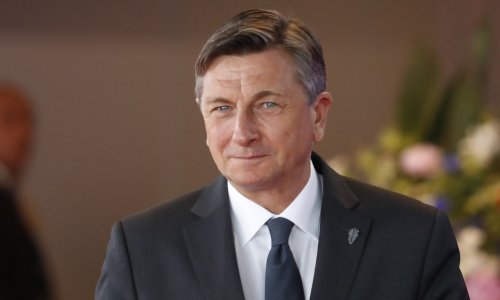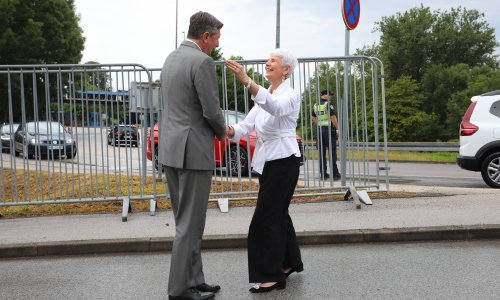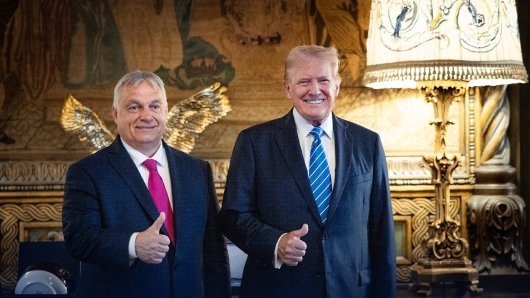Slovenian Foreign Minister Karl Erjavec said on Monday that the Ljubljanska Banka issue, which Slovenia is using as a condition for ratifying Croatia's EU accession treaty, was not a bilateral issue and that he did not expect the European Commission to urge Ljubljana to ratify the document.
Speaking in a late-night news programme on Slovenian Television, Erjavec disagreed with the remark by the programme's host that there was pressure or displeasure in Brussels over Slovenia using the bank issue as a condition for ratifying the accession treaty despite the fact that the European Commission had said in its statement that it was a bilateral issue that should be dealt with by the two countries.
"No, it is not a bilateral issue. If Slovenia does not ratify the accession treaty between Croatia and the EU, then it is no longer a bilateral issue but an issue that will have to be addressed by the EU," Erjavec said.
He expressed hope that the two countries' financial experts would reach a mutually acceptable solution, adding that the dialogue should continue and that he personally would like a solution to be reached as soon as possible so that Slovenia could begin the ratification process. He confirmed that the Slovenian government had given its financial expert France Arhar a time-limited mandate for this purpose, until the end of the year.
Erjavec denied speculations that Brussels was displeased with Slovenia exerting pressure on Croatia. "We are a member of the EU, we are in that club, so any such pressure would be very unusual," he said, adding that Slovenia, too, had had to meet the requirements in order to enter the EU, which happened in 2004.
Erjavec said that Slovenia was now displeased with the situation over the Ljubljanska Banka bank because its former Prime Minister, Borut Pahor, had considered the matter closed, notably that it was resolved during Croatia's accession negotiations with the EU.
"Croatia has not honoured its commitments so far. Brussels is now also surprised because they thought that the issue had been resolved in negotiations," the Slovenian foreign minister said.

































